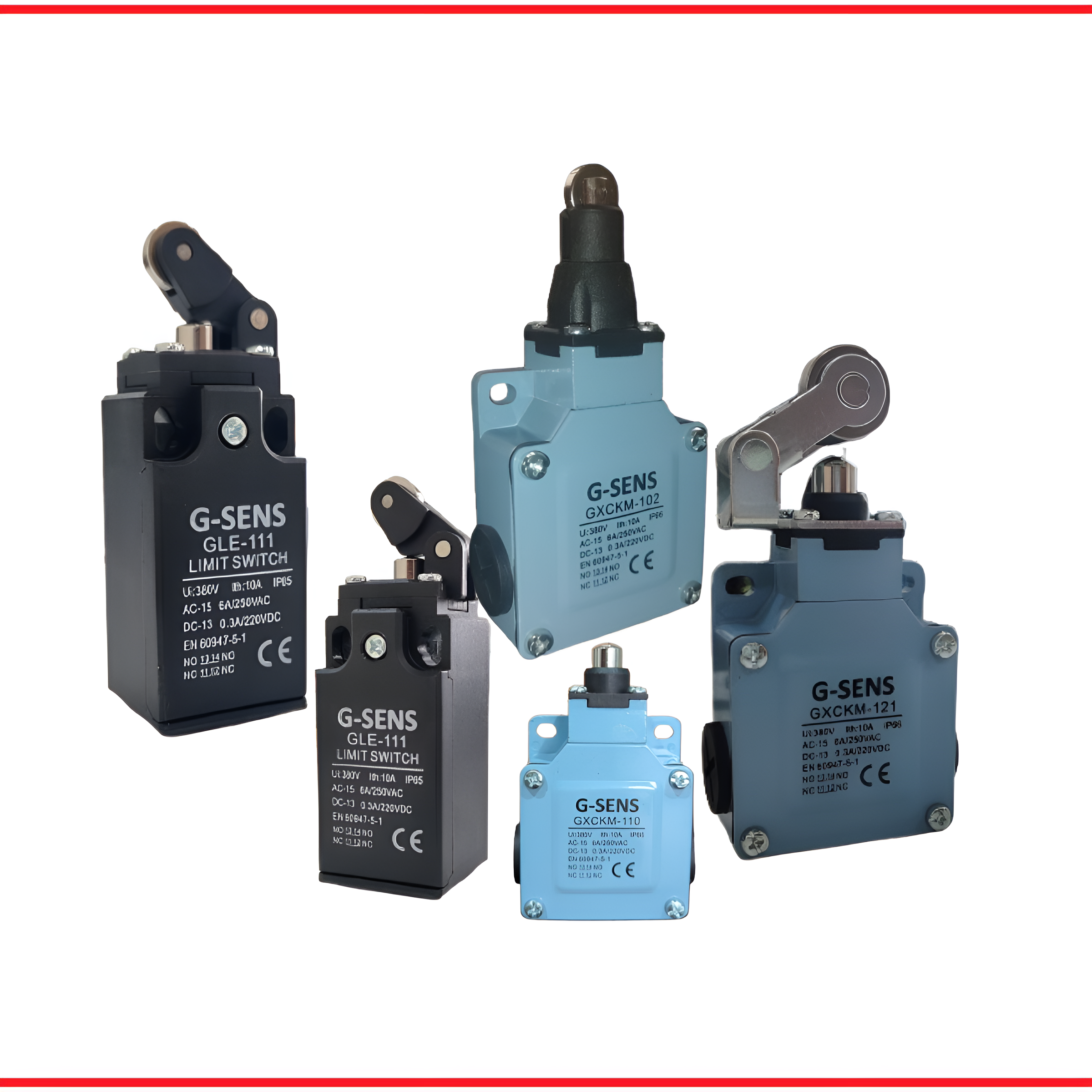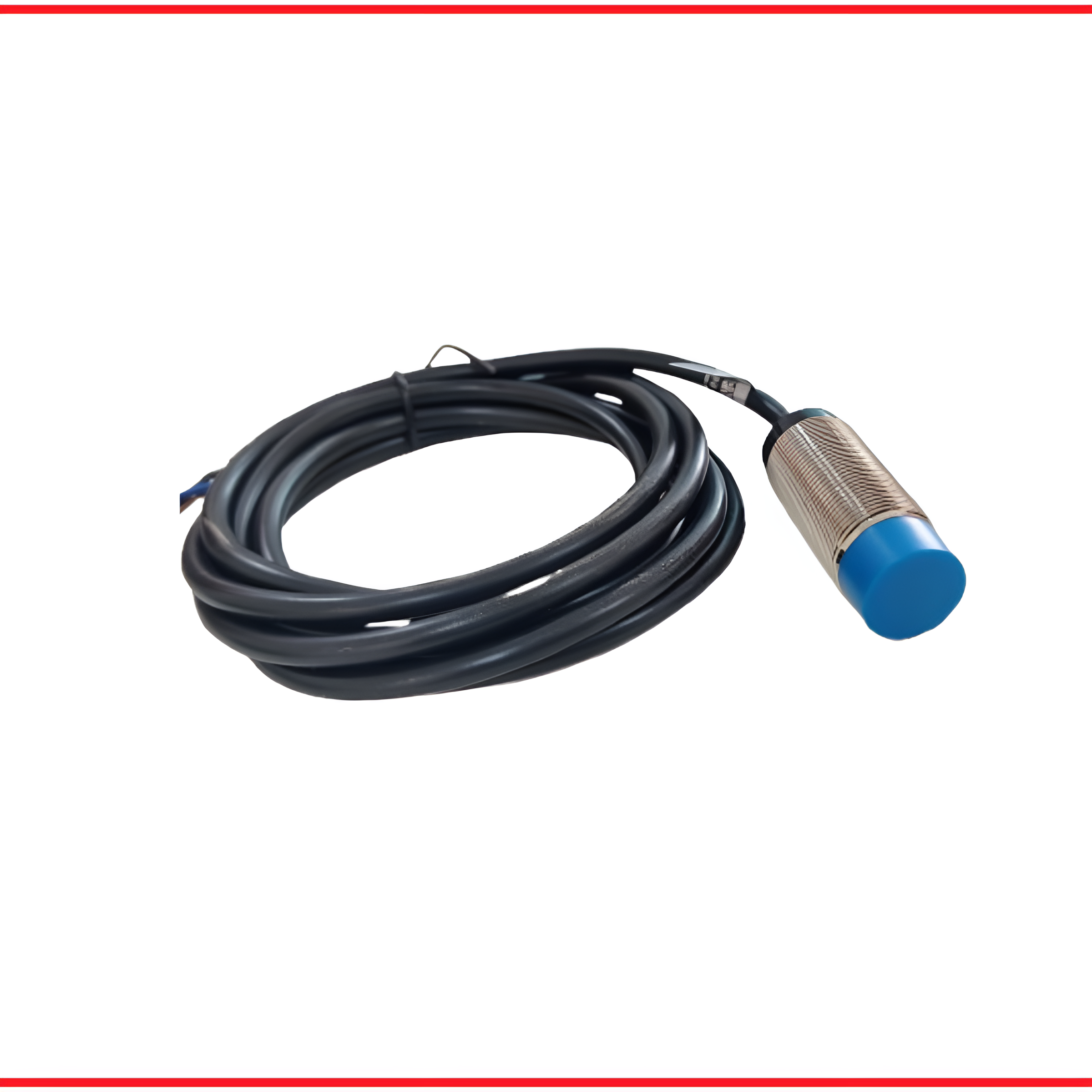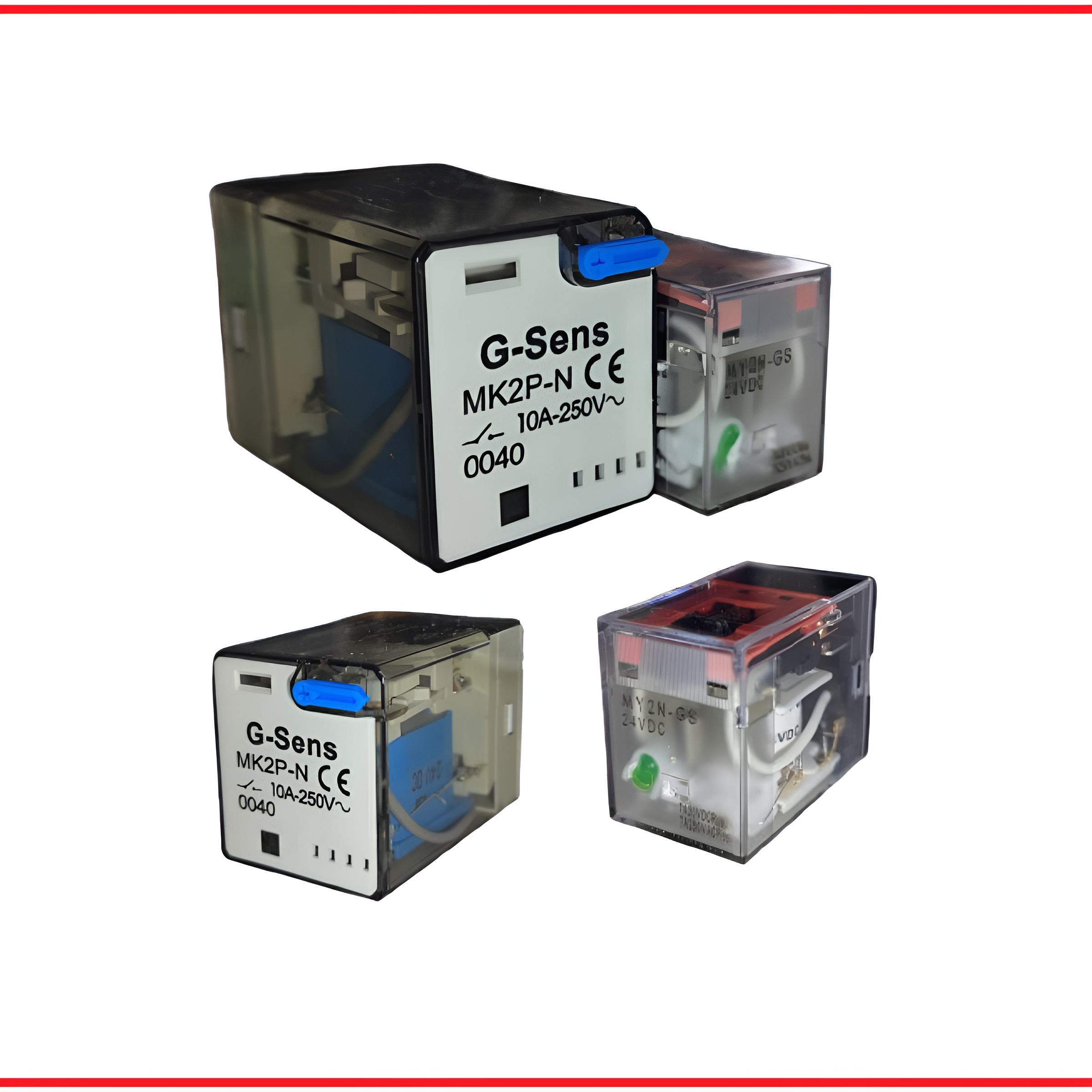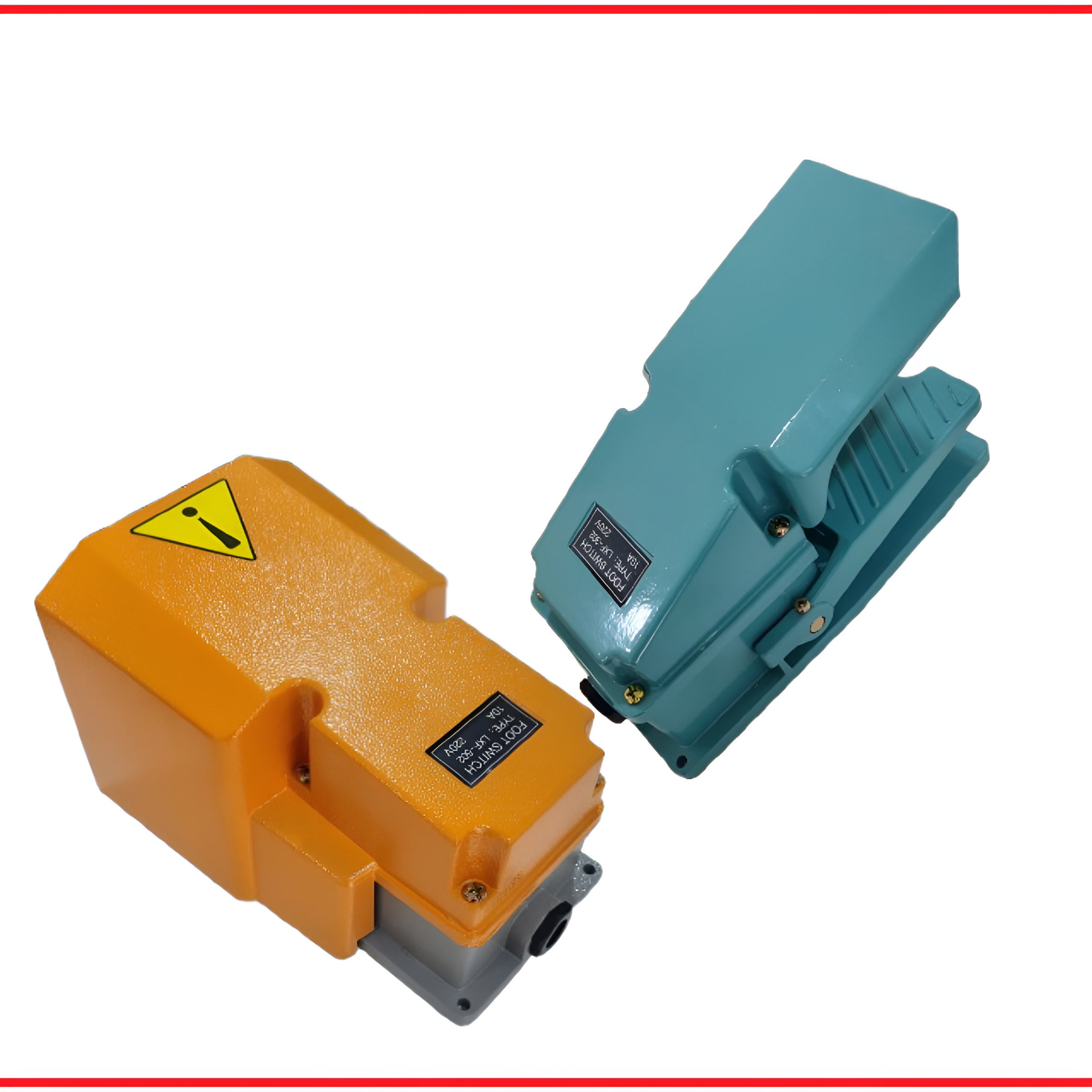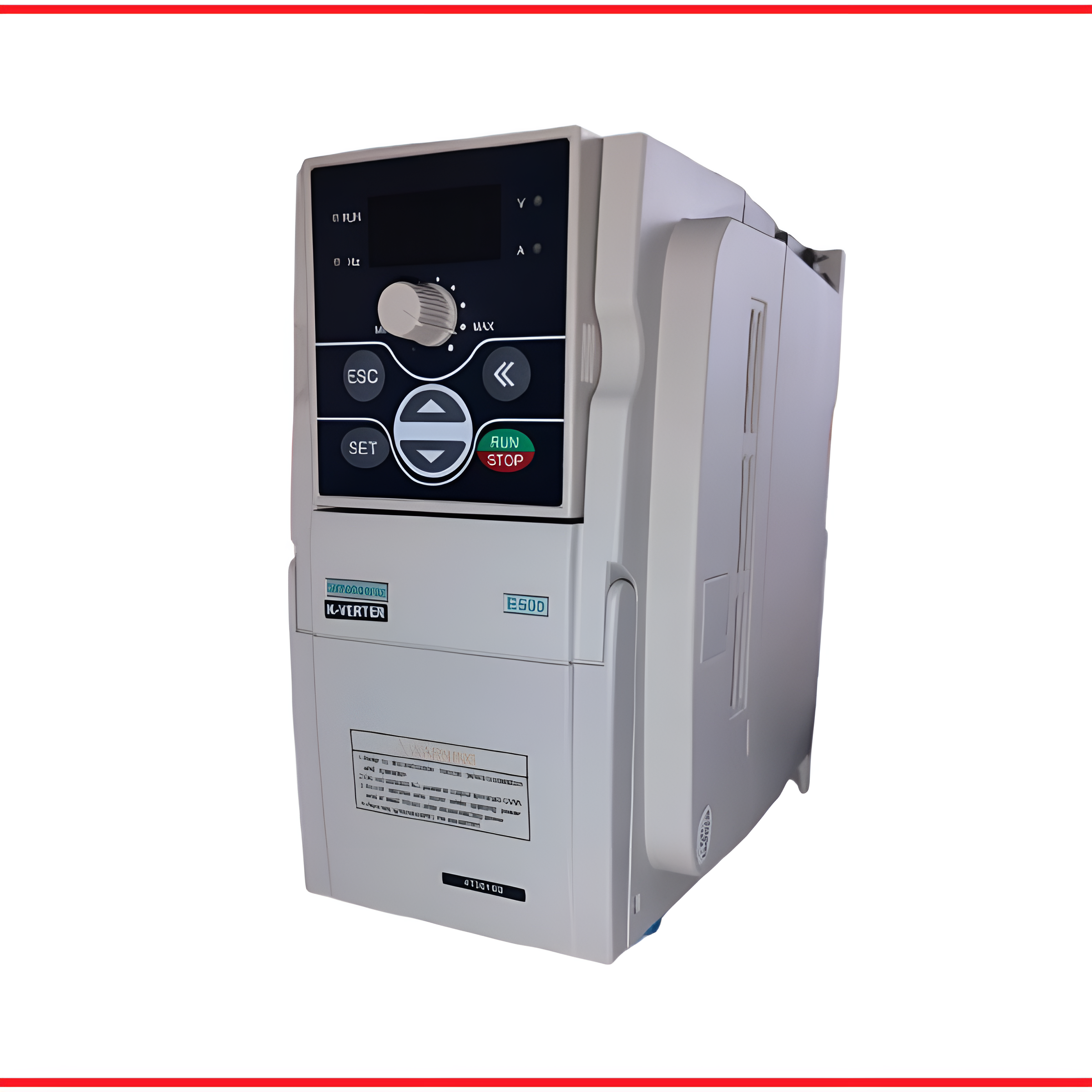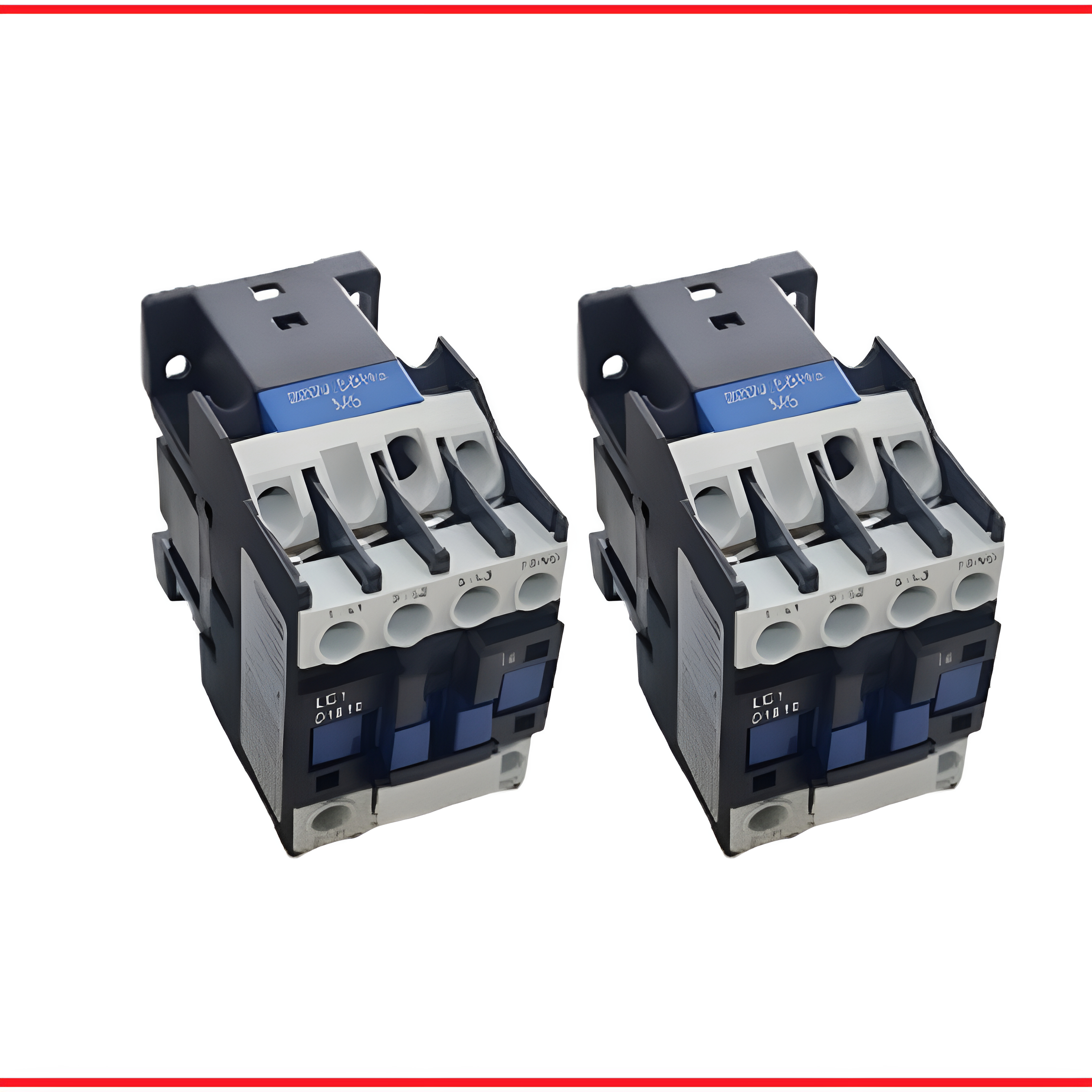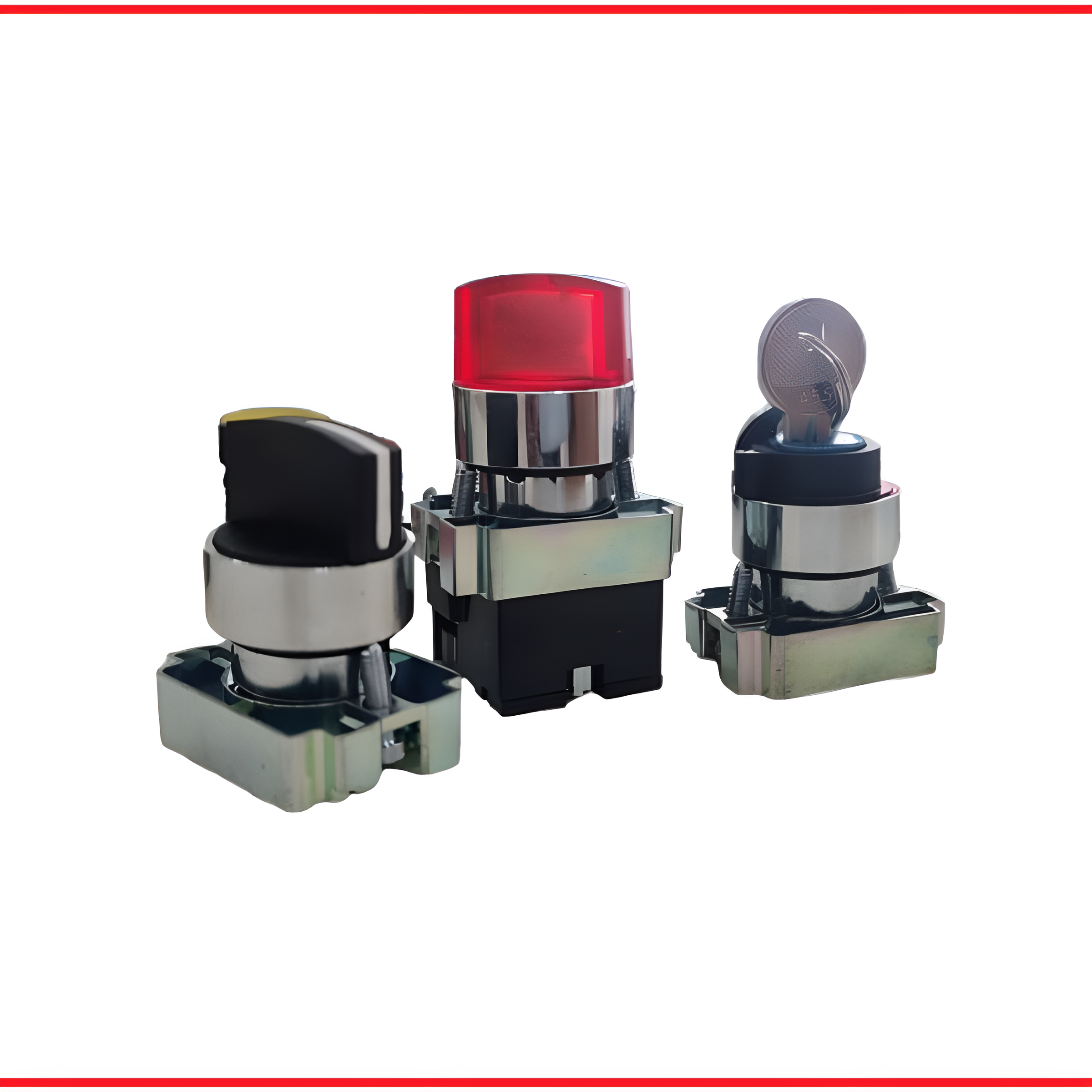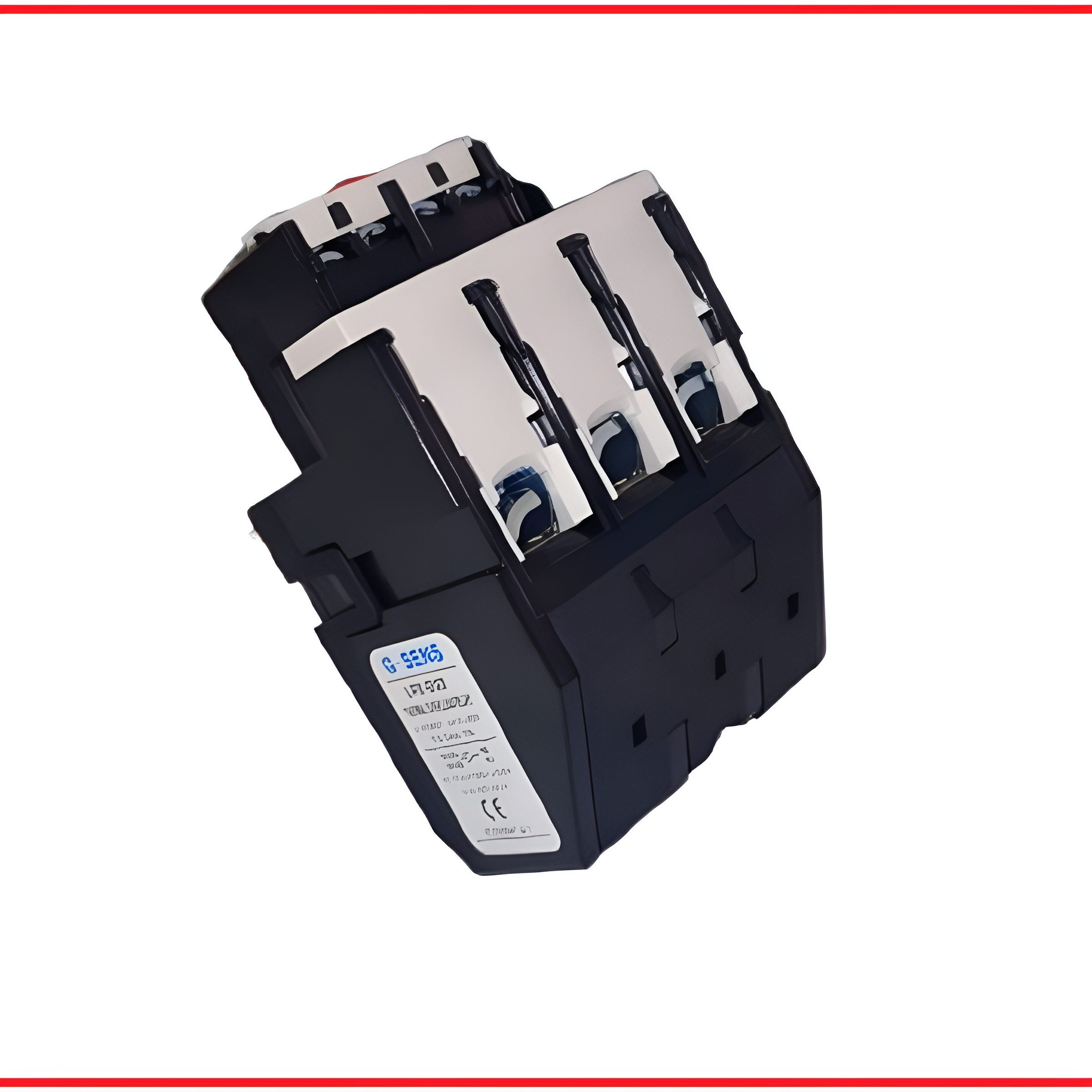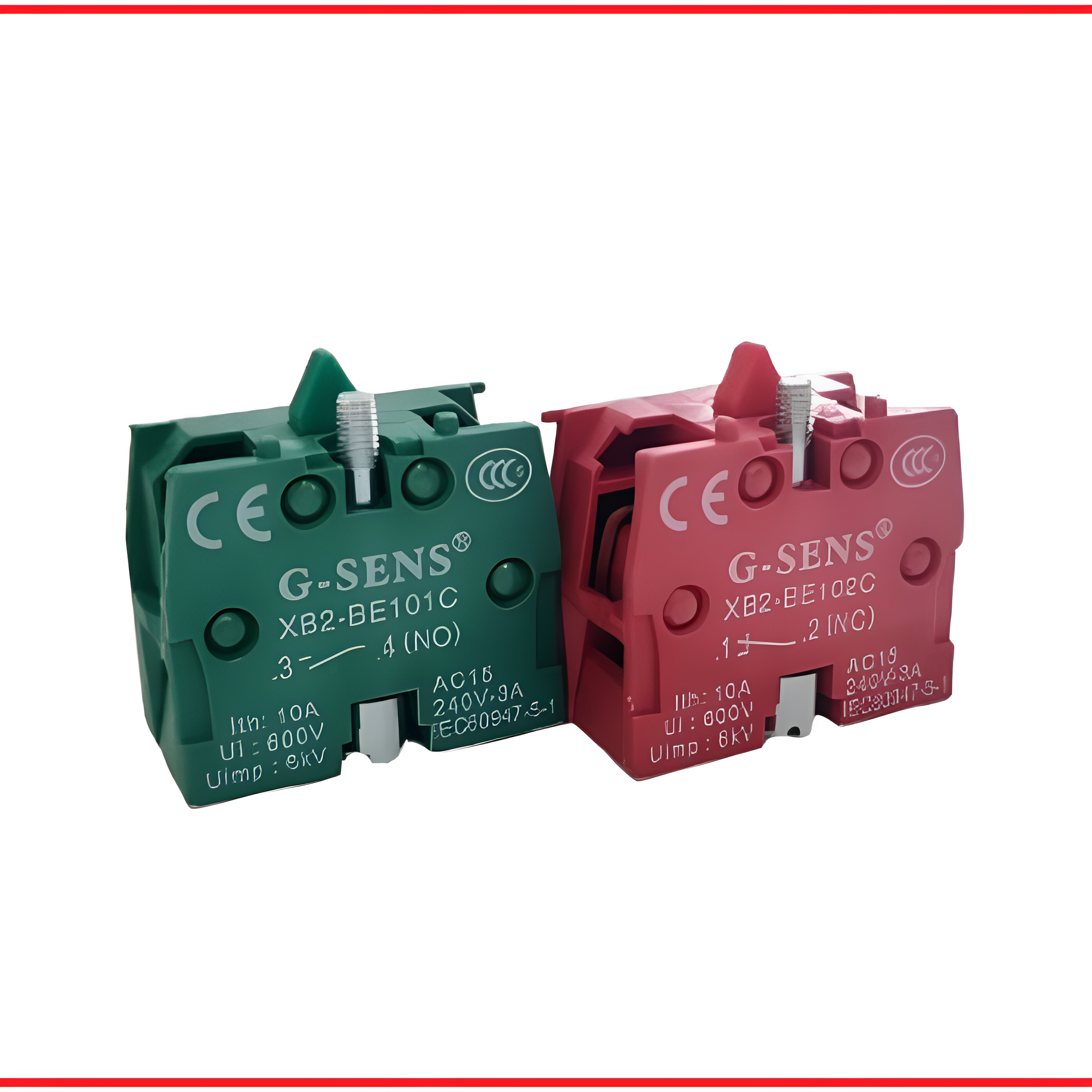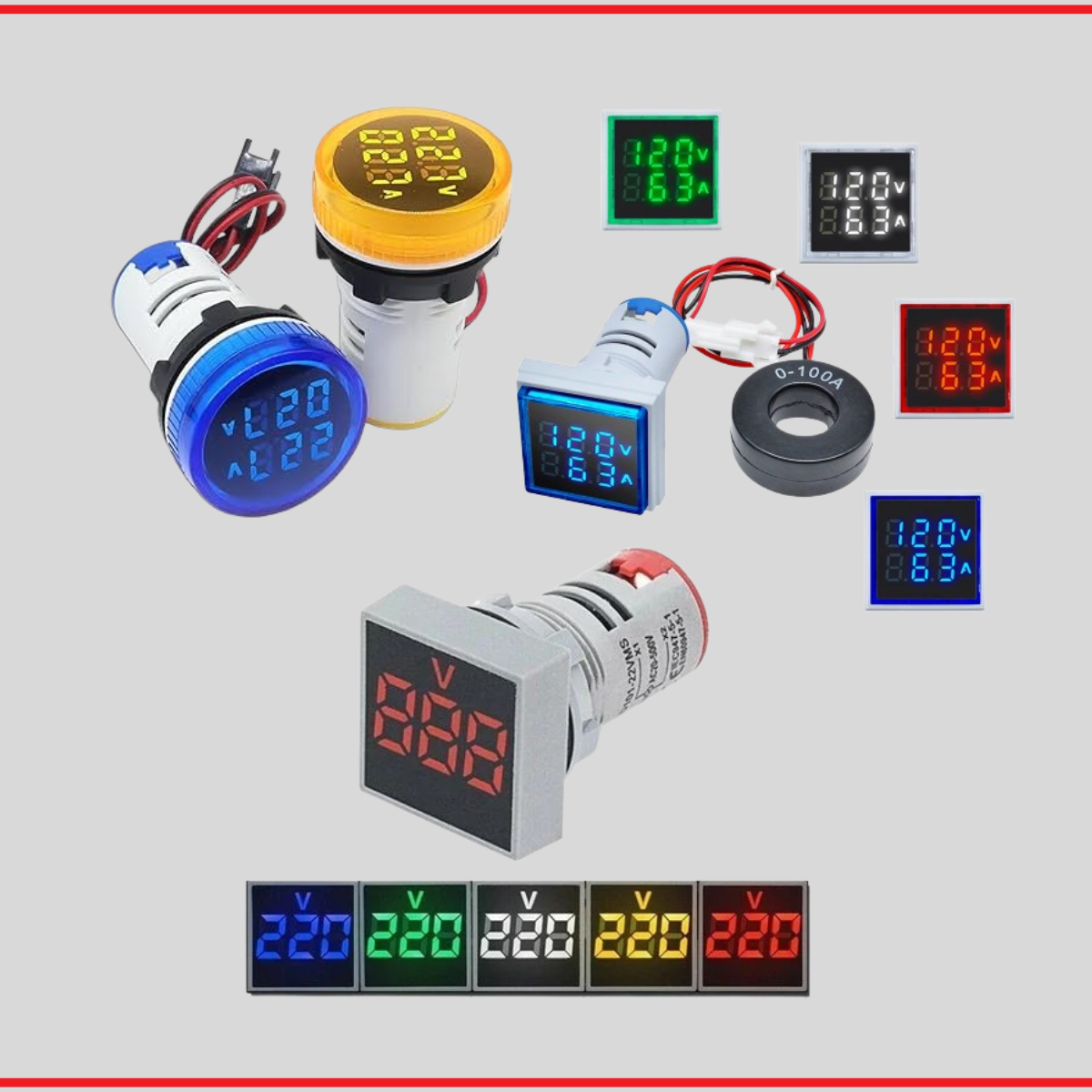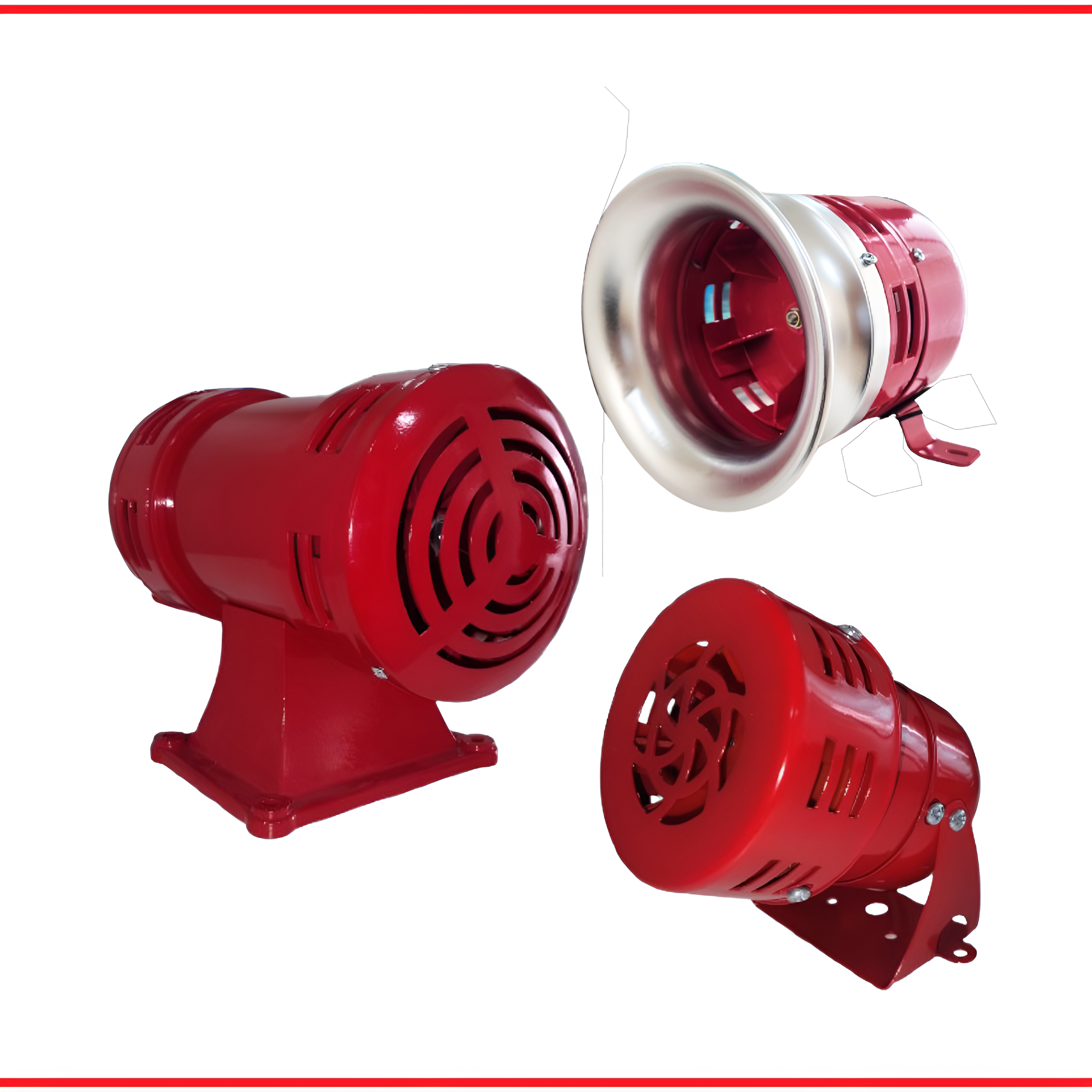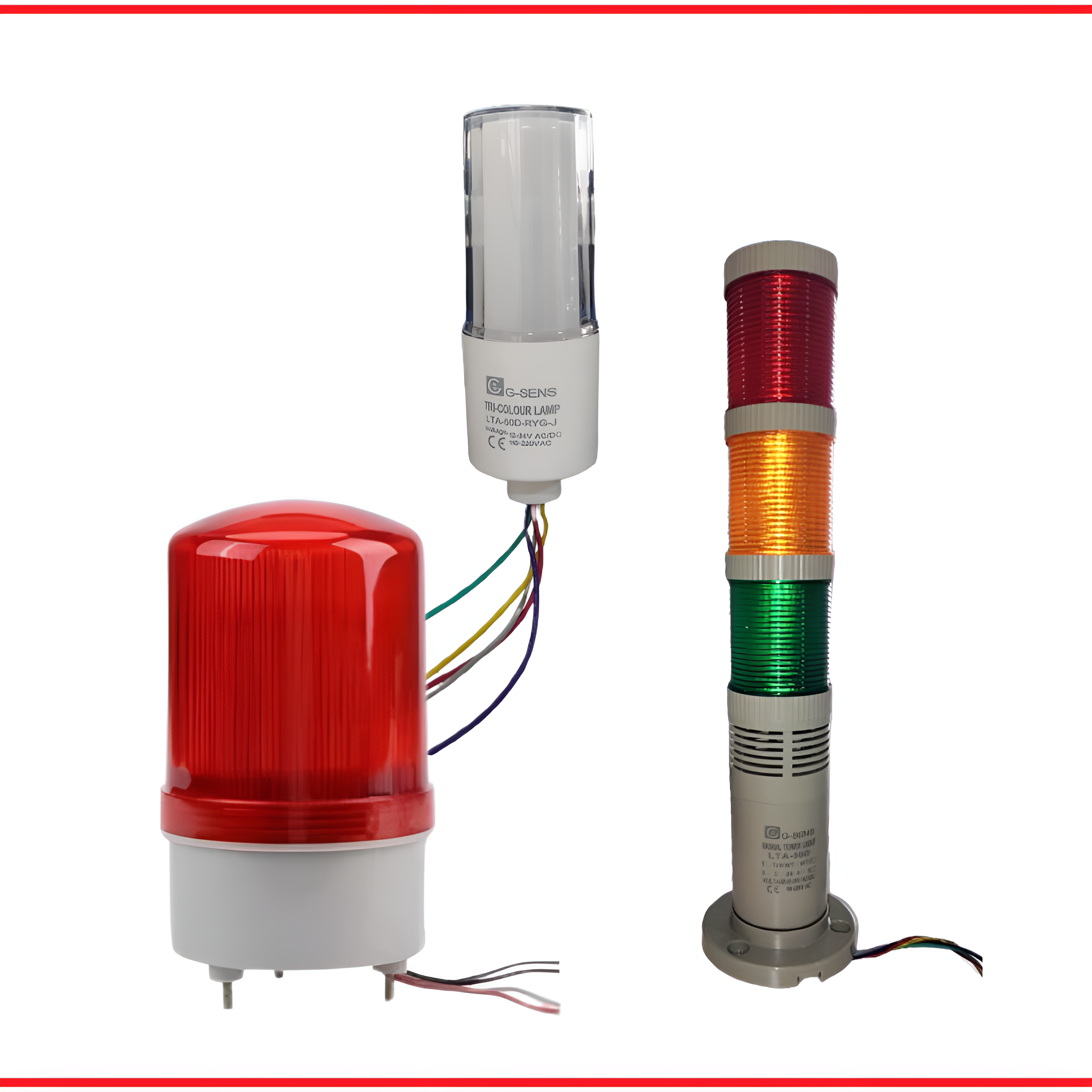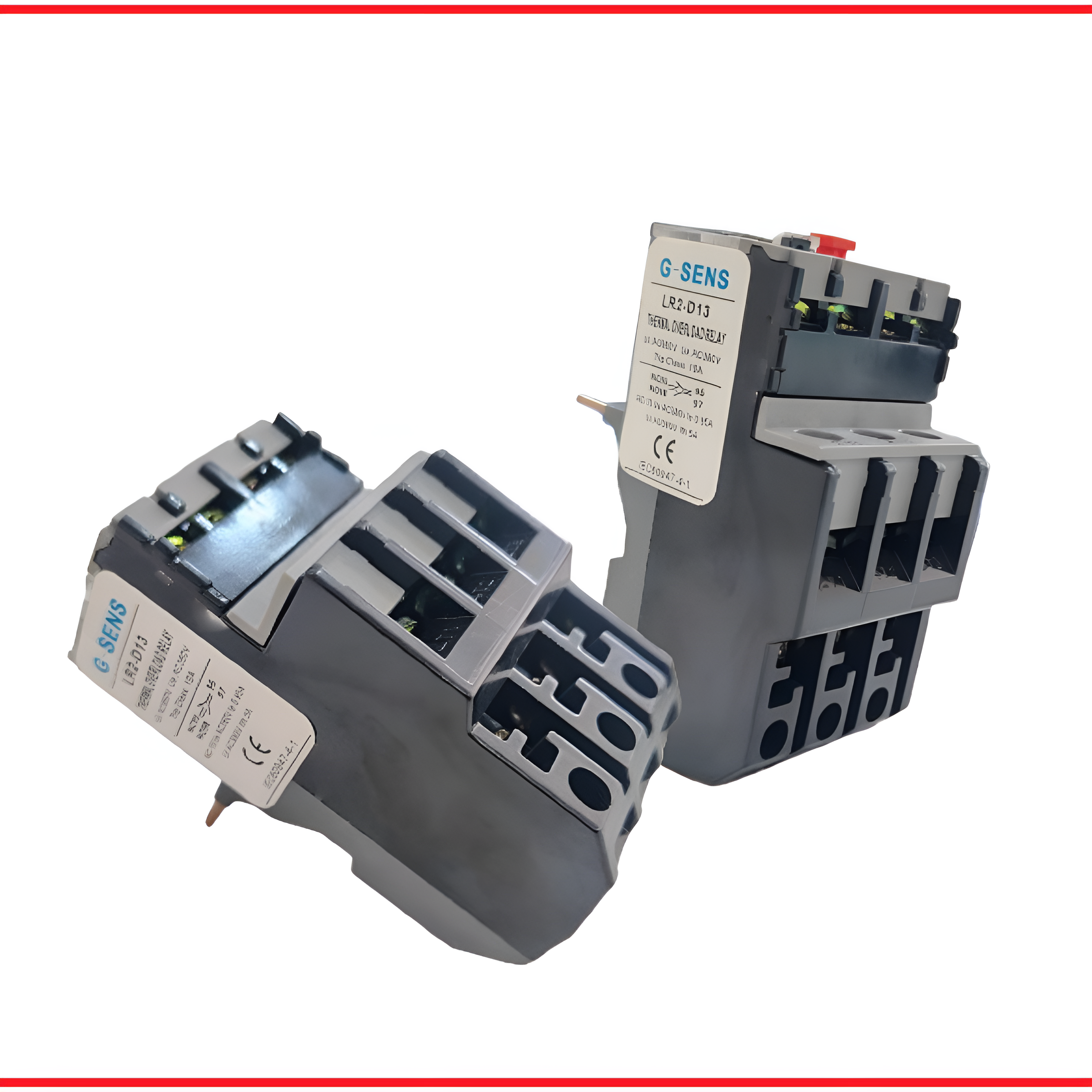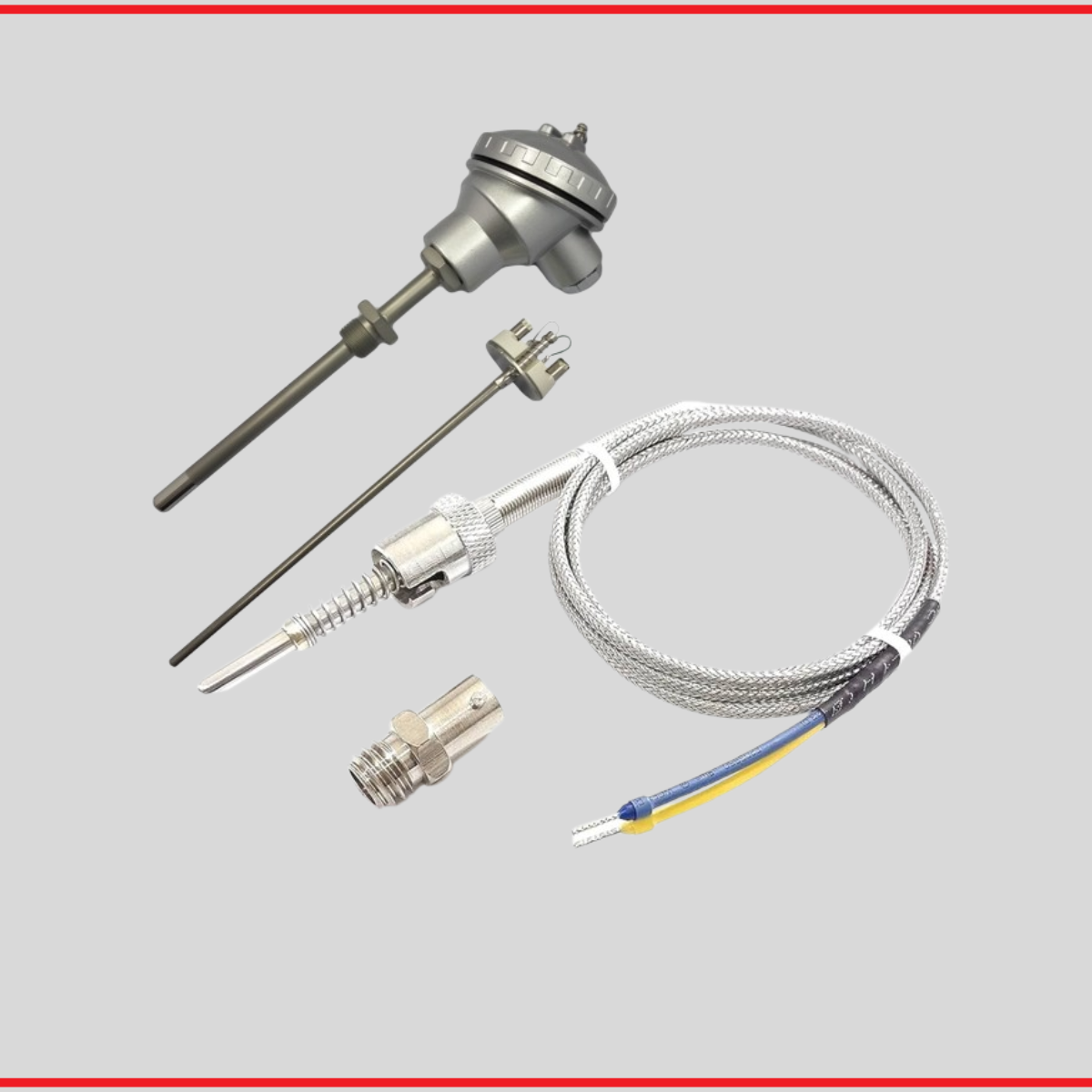In today's fast-paced world, industries are constantly looking for ways to improve efficiency, reduce costs, and stay competitive. One of the most impactful solutions making waves across sectors, from manufacturing in Chhatrapati Sambhajinagar to global logistics, is automation. But why is it so important? Let's dive in.

At its core, automation is about performing tasks with minimal human intervention. This translates directly into higher efficiency and increased productivity. Machines can work tirelessly, 24/7, without breaks or fatigue, leading to a significant boost in output. Think of a production line where robots handle repetitive tasks much faster and more consistently than humans ever could.
Human error is inevitable. However, automated systems are designed for precision and consistency. This dramatically reduces defects and ensures a higher quality product or service every time. For industries where accuracy is paramount, like pharmaceutical manufacturing or intricate electronics assembly, automation is indispensable.
While the initial investment in automation can be substantial, the long-term cost savings are significant. Automation helps in reducing labor costs, minimizing waste through precise operations, and even lowering energy consumption in some cases due to optimized processes. This financial advantage can be a major differentiator in competitive markets.
Many industrial tasks involve risks, such as handling heavy machinery, working with hazardous materials, or performing repetitive motions that can lead to injuries. Automation can take over these dangerous jobs, thereby enhancing workplace safety for human employees. This not only protects workers but also reduces the likelihood of costly accidents and legal liabilities.
Automation allows businesses to scale their operations up or down more easily in response to market demands. Need to produce more during peak season? Automated systems can handle the increased volume without the need for extensive hiring and training. Furthermore, modern automated systems are often programmable, offering flexibility to switch between different tasks or product lines.
By freeing up human workers from mundane, repetitive tasks, automation allows them to focus on more complex, creative, and strategic activities like research and development, problem-solving, and innovation. This focus on higher-value work drives innovation and keeps companies at the forefront of their industries. Businesses that embrace automation are better positioned to respond to market changes and outpace competitors.
From the bustling factories here in Chhatrapati Sambhajinagar to tech hubs around the globe, the trend is clear: automation is not just a luxury; it's a necessity for any industry looking to thrive in the modern era. It's about working smarter, safer, and more efficiently.
G-SENS providing best industrial automation components
What are your thoughts on automation in industry? Share them in the comments below!
We are a leading manufacturer and supplier of essential electronic components, offering a comprehensive range of products to meet diverse industrial needs. Our extensive inventory includes high-quality Thermocouples, Push Buttons & LED Indicators, Safety Light Curtains, and Heavy Duty Sockets. We also provide reliable Relays & Contactors, advanced Sensors, and efficient AC Drives, alongside many other vital electronic components.
